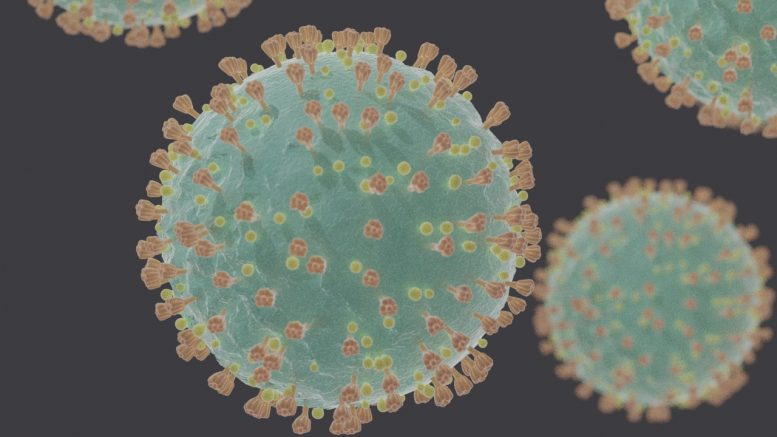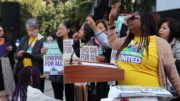Essay: A new poll shows that Blacks and Latinos are experiencing COVID-19 differently
By Evan Schmidt
At Valley Vision, we regularly do public opinion polls on issues of importance in the Sacramento region. In the earliest days of COVID-19, we partnered with CapRadio to conduct our first survey of 2020, the COVID-19 Resilience Poll.
The recently published results show that although we are all experiencing the effects of the pandemic, what we are experiencing varies greatly based on who we are. Everything—including worries about the virus, income loss, depression, access to basic needs and more—is dramatically different depending on race, ethnicity and other characteristics.
People of color have more concerns about the effects of the virus compared to white residents—worries that included contracting the virus, family members getting infected, caring for loved ones, meeting basic needs, job security, personal finances and safety at work.
In fact, Black and Hispanic residents have good reason to be more concerned about the risks and effects of COVID-19. Across the nation, communities of color are more deeply vulnerable due to racial and economic inequities. The federal Centers for Disease Control and Prevention says that of May 28, Latino and Black residents were three times more likely to become infected as white people and nearly twice as likely to die from the virus.
Beyond health and the risk and concern about illness, significant disparities also appear in economic impact, job security, and mental health. According to our poll:
- Black and Hispanic respondents have less access to basic necessities, especially medical supplies and services, including prescription and non-prescription medication, mental health services and in-house health assistance.
- Black and Hispanic respondents are much more likely to experience income loss as a result of COVID-19 or stay-at-home orders compared with other races or ethnicities. Income loss creates long-term hardship for people. More than two-thirds of those who reported significant income loss are struggling to afford basic necessities such as rent or mortgage bills, or paying down debt.
- Hispanic and Black respondents are more likely than other races or ethnicities to report feeling depression, hopelessness and concerns about substance use at least one day in the last week.
“The path to recovery for COVID-19 does not exclusively lie in health or economic response. We must also focus our efforts on affordable housing, inclusive education, equitable job training opportunities, social supports such as child care and neighborhood-based approaches.”

Evan Schmidt is CEO of Valley Vision, a Sacramento-based regional research and civic leadership group.
The disproportionate impacts on people of color comes from historic and systemic discrimination and underinvestment. A recent Brookings Institution article notes: “The coronavirus does not discriminate, but our housing, economic, and health care policies do. Environmental racism, unaffordable housing, a lack of job opportunities, poverty, and inadequate health care are underlying social conditions, strongly influenced by policy.” This places Latino and Black people and their neighborhoods at greater risk.
Just as our communities are focusing more attention on racial equity as a response to George Floyd and other police killings, the COVID-19 Resilience Poll reflects that racial disparities are growing during the pandemic. The path to recovery for COVID-19 does not exclusively lie in health or economic response. We must also focus our efforts on affordable housing, inclusive education, equitable job training opportunities, social supports such as child care and neighborhood-based approaches.
The challenges to people and systems from COVID-19 have created severe hardships and present a difficult path forward towards recovery. However, the attention on social justice presents an opportunity to create better and more equitable communities. Our investments, policies and programs must place racial and social equity in the center of our actions if we are to rebuild prosperous, sustainable and just communities where all people can thrive.






Be the first to comment on "Surviving the pandemic"